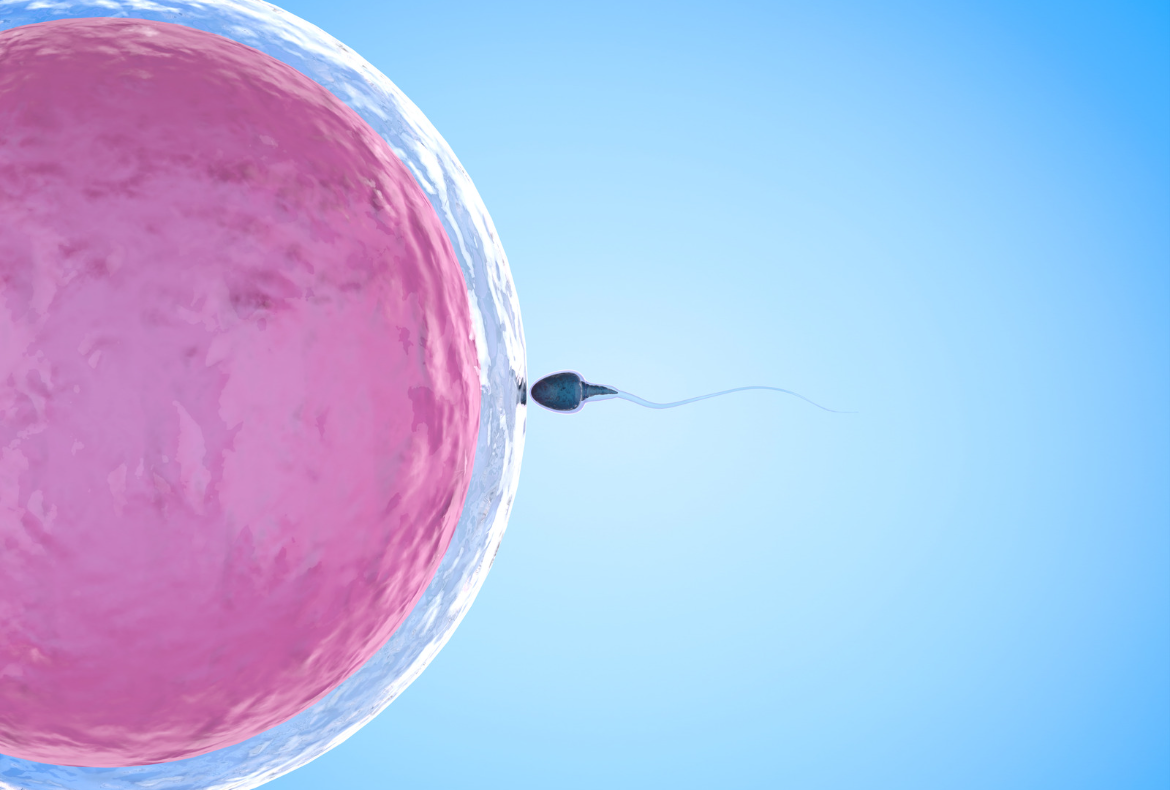
Each couple’s journey to motherhood is unique; however, some couples take a bit longer than others to become parents owing to concerns with their reproductive potential. It is critical to recognize that numerous modern fertility treatments are accessible and that a holistic approach is required to become happy parents.
Infertility is on the rise in India for a variety of causes, including delayed motherhood, lifestyle concerns, improper eating habits, obesity, and so on. Many people are unaware that fertility reduces with age and believe that they will conceive naturally with time, which may not always occur. If a couple is still unable to conceive after a year of trying, they should see a fertility expert for a complete reproductive exam. If the female partner is beyond the age of 35, she should see a doctor if she hasn’t conceived within 6 months of trying. A thorough history and investigation for both the husband and wife can aid in determining if the problem is with the male or female spouse, or both, and developing a tailored treatment plan accordingly. So, let’s have a look at the precise tests performed on men and women during a fertility exam.
Risk factors for female infertility
These factors can contribute to female infertility:
- Abnormal menstruation.
- Blocked fallopian tubes.
- Celiac disease.
- Kidney disease.
- Past ectopic (tubal) pregnancy.
- Pelvic inflammatory disease.
- Pituitary gland disorders, such as Cushing’s syndrome.
- Polycystic ovary syndrome (PCOS), ovarian cysts and primary ovarian insufficiency.
- Sickle cell anemia.
- Uterine problems, including endometriosis, uterine fibroids and uterine polyps.
- Thyroid disease.
Risk factors for male infertility
These factors can cause male infertility:
- Enlarged veins (varicocele) in the scrotum, the sac that holds the testicles.
- Genetic disorders, such as cystic fibrosis.
- High heat exposure to testicles from tight clothing or frequent use of hot tubs and saunas.
- Injury to the scrotum or testicles.
- Low sperm count or low testosterone (hypogonadism).
- Misuse of anabolic steroids.
- Premature ejaculation or retrograde ejaculation (semen flows back into the bladder).
- Testicular cancer and treatments.
- Undescended testicles.
Female Infertility Evaluation Procedures
Following an in-depth review of the patient’s medical history and a complete physical exam, blood and urine tests are carried out in order to determine the patient’s current levels of reproductive hormones such as FSH, LH, Estradiol, AMH, and others. The following imaging techniques are some of the many that may be utilized in the search for certain causes:
Ultrasound: Used to detect the existence of fibroids and ovarian cysts. Understanding the position and size of the uterus, endometrial pattern, thickness, number of follicles in the ovaries, ovulation, etc. is made easier.
Hysterosalpingogram: Used to determine whether or not there is a blockage in the fallopian tubes.
Diagnostic Hysterolaparoscopy: Used to check for and treat ovarian cysts, endometriosis, fibroids, uterine abnormalities, and other problems that can affect a woman’s fertility.
Male Infertility Evaluation Procedures
During the course of the physical exam, the vas deferens, testes, and other components of the male reproductive system, including the penis, will be scrutinized for any signs of abnormality.
Our Miracle Fertility Specialist will inquire about one’s medical history, including any childhood illnesses, lifestyle choices, and information on exposure to heavy metals, pesticides, radiation, and other things. The following examinations are carried out:
Semen Analysis: Used for determining sperm count, motility, shape, and other characteristics. In some situations of secondary and unexplained infertility, more advanced assays on the sperm, such as the DNA Fragmentation Index and the Reactive Oxygen Species assay, can be helpful in making a diagnosis.
Transrectal Ultrasound: Examines seminal vesicles, vas deferens, and other anatomical structures using imaging with a high resolution.
Scrotal Ultrasound: Used for the inspection of the scrotum; also helpful in determining whether or not the testicles have any abnormalities
A fertility evaluation enables the fertility specialist to identify the underlying cause of infertility and develop a comprehensive and unique fertility treatment plan that can support the achievement of a person’s desire to parent. Enjoy becoming a parent!
Fertility Care

Contact Us




